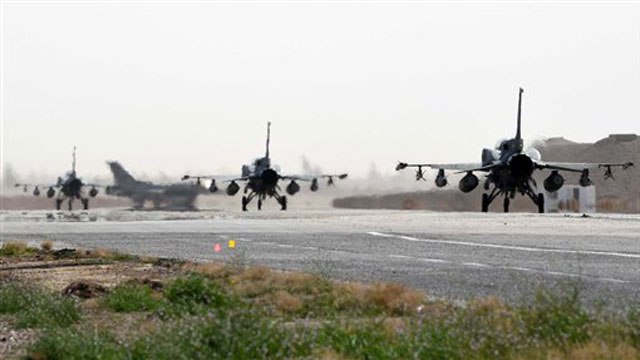Speaking in Dubai, the US ambassador to the United Arab Emirates praised the UAE for its efforts in the global fight against terrorism. Ambassador Barbara Leaf stated that the UAE’s valuable contribution in the fight against extremism went beyond military involvement, as the Emirates offer “a counter to that very dark vision that Daesh perpetuates.”
While the UAE’s vision differs greatly from Daesh’s, the idea that it promotes a truly positive vision is not borne out by the facts. Unlike Saudi Arabia and Bahrain, which seem to attract the world’s attention due to executions and deportations, the UAE appears to fly under the radar in terms of its human rights situation. However, freedom of expression, press, and association are severely circumscribed in the Emirates. The 1980 Publications and Publishing Law is considered one of the most restrictive press laws in the Arab world. It regulates all aspects of the media and prohibits criticism of the government, its allies, and religion. The government also places severe restrictions on freedoms of assembly and association as public meetings require government permits. In addition, a 2014 law on combatting terrorism allows the government to suppress dissent by prescribing lengthy prison terms for broadly defined terrorist acts. The law defines “terrorism” as inciting fear among a group of people or “opposing the country,” but does not require intent to cause injury or death. Furthermore, a 2012 cybercrimes law offers punishment for equally vague crimes, such as publishing information that the government interprets as damaging to “national unity or social peace.”
Those who criticize the government are arbitrarily detained and sometimes forcibly disappeared. There have been numerous allegations of torture against the security forces as well. For example, on March 4, 2013, the government began the trial of 94 activists charged with aiming to overthrow the government, with testimony consisting largely of confessions derived from torture during pre-trial detention. In 2013, the UN Working Group on Arbitrary Detention concluded that the trial was not fair, and called on the government to release all the defendants. Further, on August 18, 2015, Emirati authorities arrested, detained, and disappeared Dr. Nasser bin Ghaith, who had petitioned the government to institute democratic reforms. He has not been seen or heard from since.
The praise the Ambassador lavished on the UAE for promoting a positive societal vision is concerning in light of the structural restrictions placed on fundamental freedoms. Just because the UAE is assisting and participating in counter-terrorism efforts does not mean that the US should overlook the UAE’s human rights record. Participation in security efforts does not allow the UAE to abrogate its responsibility to follow international human rights law and norms.





